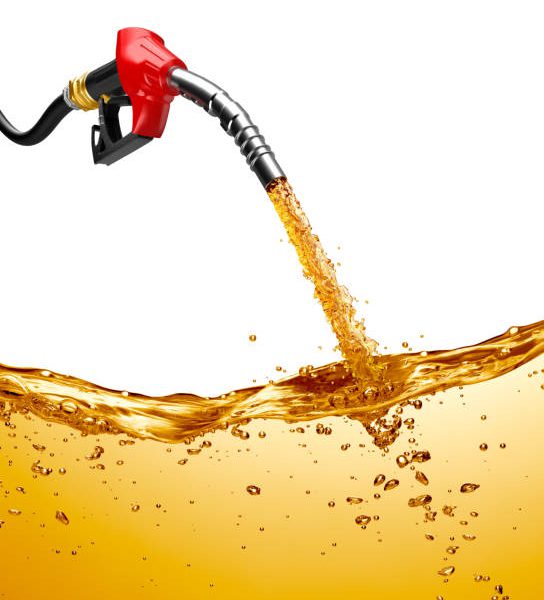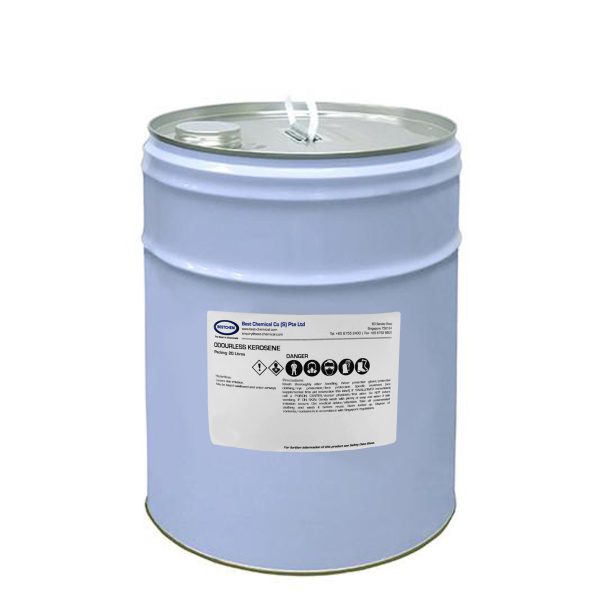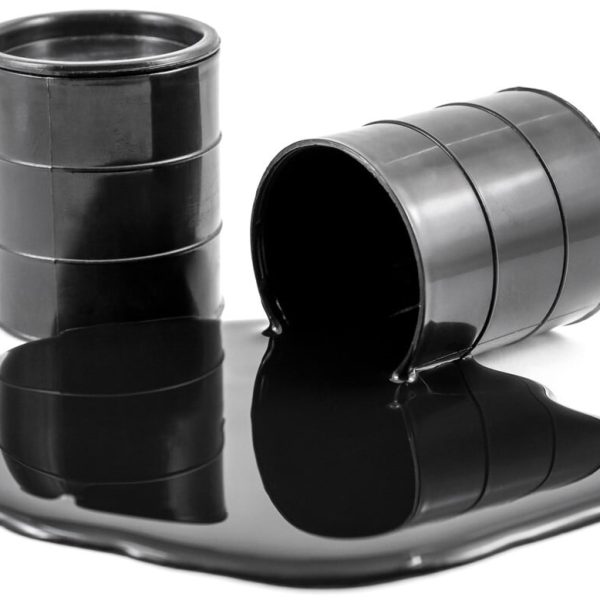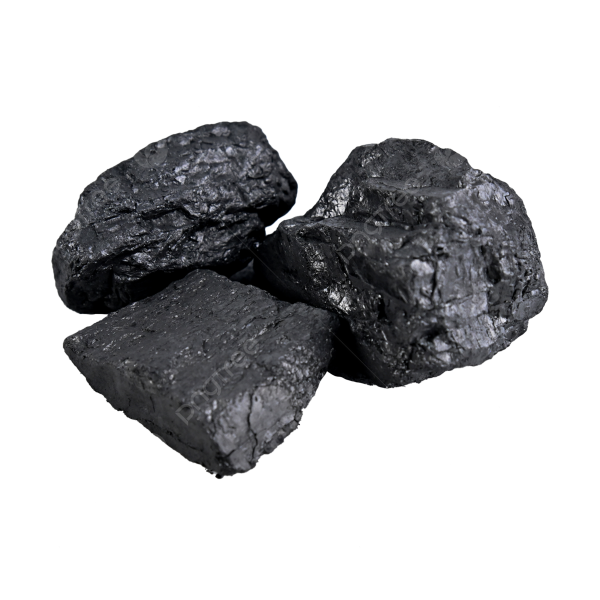Jet Fuel: Powering Global Aviation
Description: Jet fuel, also known as aviation turbine fuel (ATF), is a specific type of refined petroleum product specifically formulated for powering gas turbine engines in airplanes. It differs from kerosene, its broader parent category, with stricter quality standards and tailored properties for optimal performance and safety in demanding aviation applications. Two main types of jet fuel dominate the market:
- Jet A-1: The most widely used jet fuel globally, known for its low freezing point and suitability for a wide range of climates.
- Jet A-2: Used primarily in cold weather regions due to its even lower freezing point and slightly different performance characteristics.
Key Source Countries: The production of jet fuel is closely linked to overall crude oil refining capacity. Top refiners with significant jet fuel production include:
- United States (23%): Leading producer due to advanced refining infrastructure and significant domestic demand. Companies like ExxonMobil, Chevron, and Valero dominate the market.
- China (18%): Rapidly growing production fueled by rising domestic aviation demand. Sinopec and PetroChina are key players.
- Russia (12%): Lukoil and Rosneft hold major shares, with exports primarily focused on Europe and neighboring countries.
- India (8%): Reliance Industries and Indian Oil Corporation lead production, catering to domestic and regional demand.
- South Korea (5%): SK Energy and GS Caltex lead production, exporting to Asia and beyond.
World Output Volumes: Global jet fuel production reached approximately 3.2 million barrels per day (bpd) in 2022, with demand expected to recover from the pandemic and experience moderate growth in the coming years.
Major Producers and Market Share (Excluding US):
- Saudi Arabia (7%): Aramco, the state-owned giant, exports jet fuel globally.
- Singapore (4%): Major refining hub with leading companies like Shell and ExxonMobil contributing to production.
- France (3%): TotalEnergies is a key player, exporting jet fuel primarily to Europe.
- Japan (2.5%): Eneos Holdings and JXTG Nippon Oil & Energy contribute to domestic production and some exports.
- Netherlands (2%): Shell and BP operate large refineries producing jet fuel for the European market.
Forms of Trade: Jet fuel trades primarily in two forms:
- Physical Delivery: Transported via pipelines, tankers, and barges to airports and refueling facilities for direct use in aircraft.
- Futures Contracts: Traded on international exchanges like the NYMEX and ICE, allowing airlines, fuel suppliers, and traders to manage price risks and hedge against volatility.
Price Trends (Past 5 Years): Similar to crude oil, jet fuel prices have experienced significant volatility:
- 2018: Prices averaged around $2.50/gallon due to oversupply and weak demand in aviation.
- 2019: Prices rose to $3/gallon due to geopolitical tensions and supply disruptions.
- 2020: Prices plummeted to $1.20/gallon due to the COVID-19 pandemic and collapse in air travel.
- 2021: Prices surged to $4.50/gallon due to a global energy crisis, supply chain disruptions, and rebounding aviation demand.
- 2022: Prices remained high, averaging around $3.50/gallon, with fluctuations based on global events and refining margins.
Major Importing Countries:
- United States (18%): High passenger and cargo traffic drives demand for jet fuel domestically and for international flights.
- China (15%): Rapidly growing domestic aviation sector fuels substantial jet fuel imports.
- European Union (12%): Collectively a major importer, relying on domestic production and imports from various sources.
- India (8%): Expanding aviation industry increases jet fuel import needs.
- Japan (5%): Limited domestic production necessitates jet fuel imports.
Major Exporting Countries (Excluding US):
- Russia (15%): Traditionally a major exporter to Europe, facing potential disruptions due to sanctions.
- Singapore (12%): Major refining hub exports jet fuel globally.
- South Korea (8%): Exports jet fuel to Asia and beyond.
- Saudi Arabia (7%): Aramco exports jet fuel globally.
- France (5%): TotalEnergies exports jet fuel primarily to Europe.
Other Important Aspects for International Traders and Buyers:
- Quality Specifications: International standards like Jet A-1 and Jet A-2 define strict specifications for various properties like flash point, freeze point





